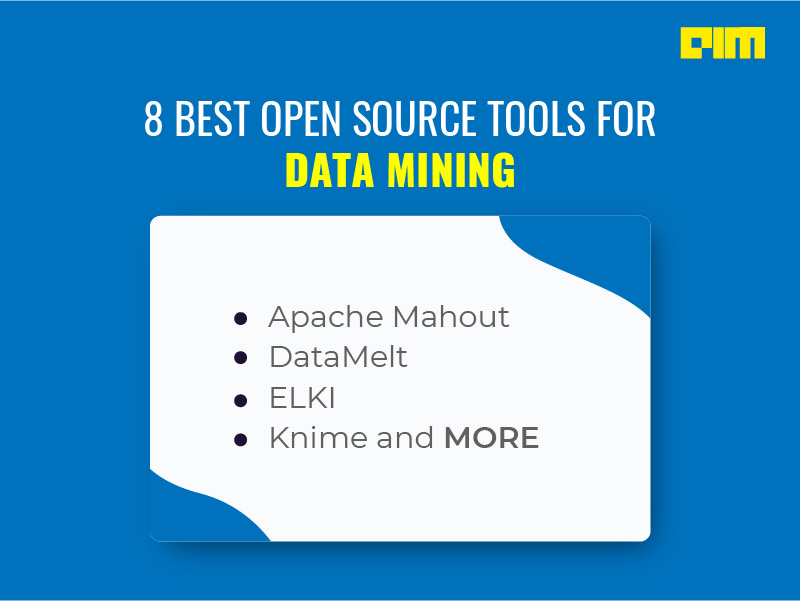Creating a data science team is the most crucial part of any organisation and yet there is no right way to do it. There are many designations, roles and responsibilities that come under this composition and it depends on the need of the organisation to decide on structuring the data science team. Some of the parameters that can be considered are context and growth stage of each company, the need for setting up a data science team and more.
Beefing up data and analytics capabilities in an organisation largely depends on how the team structure is shaped. It is therefore extremely crucial to set it the right way to boost operational speed and efficiency.
For a data science team to be created in an efficient way it first requires to hire the right kind of people. Many companies also prefer training their already existing employees to live up to the expectations of the roles that data science team is expected to perform. Based on the need to hire to re-train, the data science team can have three different structures in an organisation.
Re-training the IT department: Hiring a data scientist is not an easy task and leveraging talent that is already in-house comes as the best way to fulfil the need of hiring data scientists. Some of the responsibilities such as data preparation, training models, creating user interfaces, and model deployment can be accomplished with the help of people working in the IT department. The in-house IT specialists can be trained on skills such as realising the predictive analytics, machine learning and others to carry on the not-so-complicated tasks.
While it may have disadvantages such as limited exposure to machine learning methods and data cleaning procedures, or there may be a need to pay for simple processes such as model training, testing or prediction, sourcing out data scientists from within the organisation is one of the best ways.
Integrating IT specialists and data scientists: It includes separate data science and IT specialists who work on their respective tasks such as dataset preparation, model training or taking charge of interfaces and infrastructure supporting deployed models. Combining machine learning expertise with IT resource is the most viable option for constant and scalable machine learning operations. While it requires hiring an experienced data scientist the cost may still be not as high as hiring a specialised data science team. It is the best way to leverage existing IT resources investments while data scientists focus on innovation.
Hiring specialised data scientists: This comes in handy when there is a requirement of building an all-encompassing machine learning framework more than managing the data. While it requires the highest cost, all operations from data cleaning and model training to building front-end interfaces, are realized by a dedicated data science team. For larger organisations, this is the most suitable option as specialised data science teams can supplement different business units in the company.
Once it is decided if you want to retrain, integrate or have a specialised data science team, it is time for defining the data scientists based on their roles. There are essentially two types of data scientists — Type A and Type B — based on their roles. Type A stands for analysis where a person can make sense of data without necessarily having a strong programming skill. They can perform tasks such as data cleaning, forecasting, modelling, visualization, etc. Type B, on the other hand, is about building. They have a strong statistical background who can build complex structures such as recommendation systems, algorithms and more.
Some of the important roles that companies can have as a part of both Type A and Type B data scientists roles are:
CAO and CDO: These are leadership roles and are essentially required to oversee all the other roles that are there in the analytics team. They are business translators that bridge the gap between data science and domain expertise acting both as a visionary and a technical lead.
Data analyst: The role involves the collection of relevant data and its interpretation. Some of the skills required are R, Python, JavaScript, C/C++, SQL.
Business analyst: A business analyst takes care of tasks at an operational level. They are involved with converting business expectations into data analysis and are involved with data visualization, business intelligence, SQL and more.
Data scientist: They are involved with data preparation, cleaning, using data mining techniques and solving business tasks. Some of the skills required by them are R, Python, SQL, Hadoop, among others.
Data architect: Data architects work with large amounts of data and are crucial to deal with data warehousing, defining database architecture, and more.
Data engineer: They carry out testing and maintaining infrastructural components that data architects design. In most organisations, data architects and engineers roles are merged as the tasks they accomplish are closely related.
Visualisation engineers: They may be required to deliver data science results in applications that end-users face. In most companies, IT units deliver this function, while those with specialised data science roles may have a separate role for them.



















































































